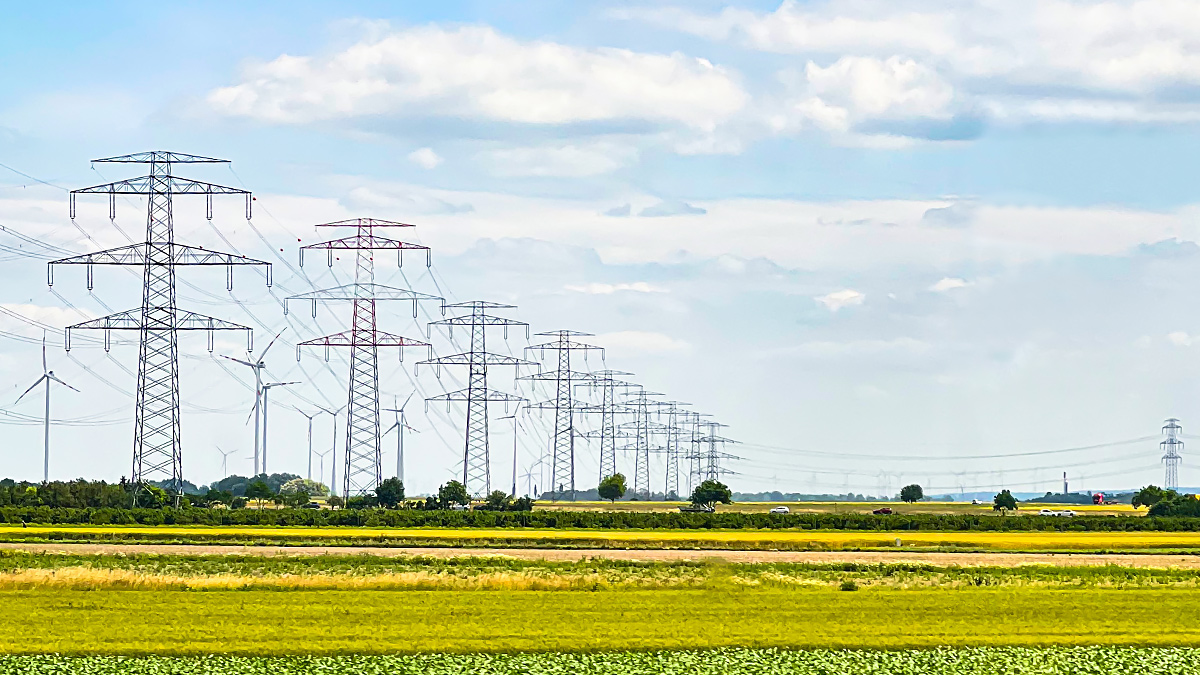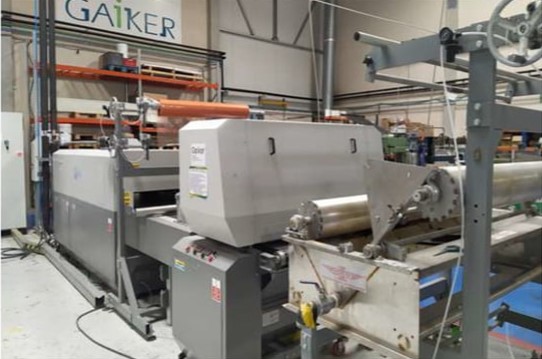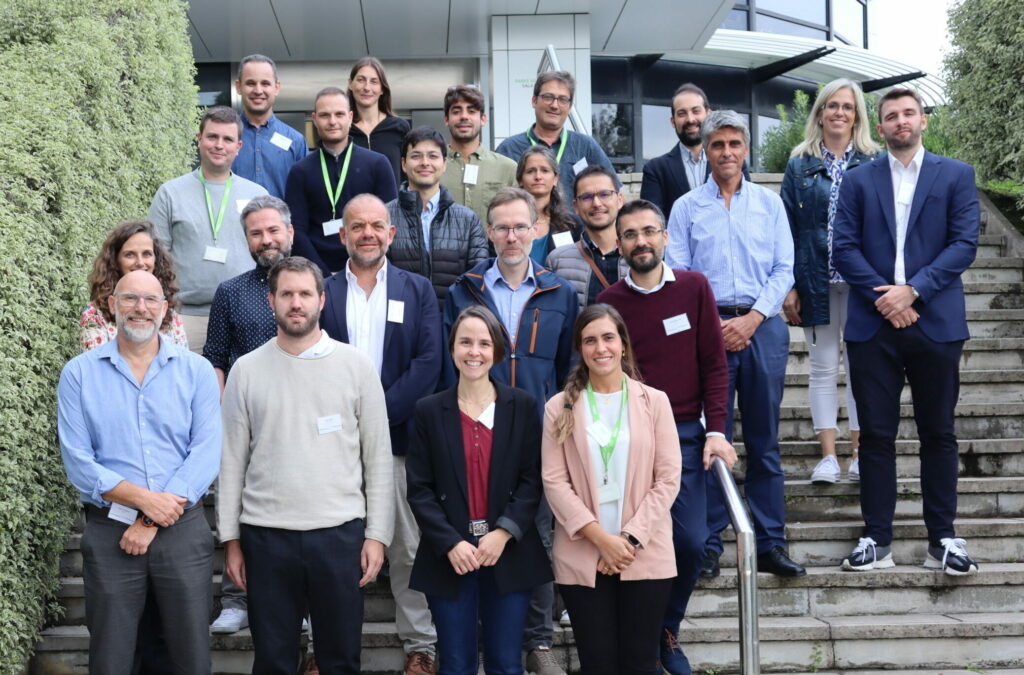European citizens and businesses want affordable, secure, and clean energy. Homegrown wind energy helps boost Europe’s competitiveness, security and prosperity while delivering on decarbonisation.
WindEurope recently published an article highlighting the urgent need for decisive EU action on Europe’s electricity grids. With demand projected to rise by 60% by 2030, today’s infrastructure is already struggling with congestion and delays that slow down the roll-out of renewables. The European Commission has recognised these challenges in its proposals for the next Multiannual Financial Framework, which include €67 billion for the European Competitiveness Fund and a stronger Connecting Europe Facility worth €30 billion. In parallel, the upcoming European Grids Package is expected to bring forward reforms that will strengthen resilience, introduce more strategic EU-level planning, and simplify permitting through digital tools and harmonised approaches.
These developments reflect the wider direction of EU energy policy, which is not only focused on building more capacity but also on ensuring that the transition is sustainable and coordinated across borders. Circular economy principles are central to this vision, helping to minimise waste, promote re-use, and embed sustainability throughout the entire lifecycle of renewable energy technologies and infrastructure. Equally, aligning regulation and standardisation across Member States will be vital to ensure that new solutions can be deployed quickly, efficiently, and consistently across Europe.
This is where the ECORES WIND initiative makes a concrete contribution. Our goal is to develop new circular resin systems for wind turbine composites—including acrylic, bio-based epoxy and depolymerisable closed-loop epoxy—alongside reversible bonding and adhesive solutions that allow blades and other components to be repaired, disassembled and recycled rather than discarded. This way ECORES WIND tackles one of the hidden challenges of Europe’s energy transition: how to scale wind power without creating future waste and resource bottlenecks. Additionally, our work on digital tools for assessing circularity, combined with efforts to contribute to European standards is aiming to support the regulatory framework development and adaptation.
In this way, ECORES WIND complements the EU’s broader push for resilient grids and sustainable energy infrastructure. While investments and planning reforms are needed to unlock capacity and accelerate deployment, initiatives like ECORES WIND ensure that the solutions Europe rolls out today remain competitive, circular and secure for decades to come.



